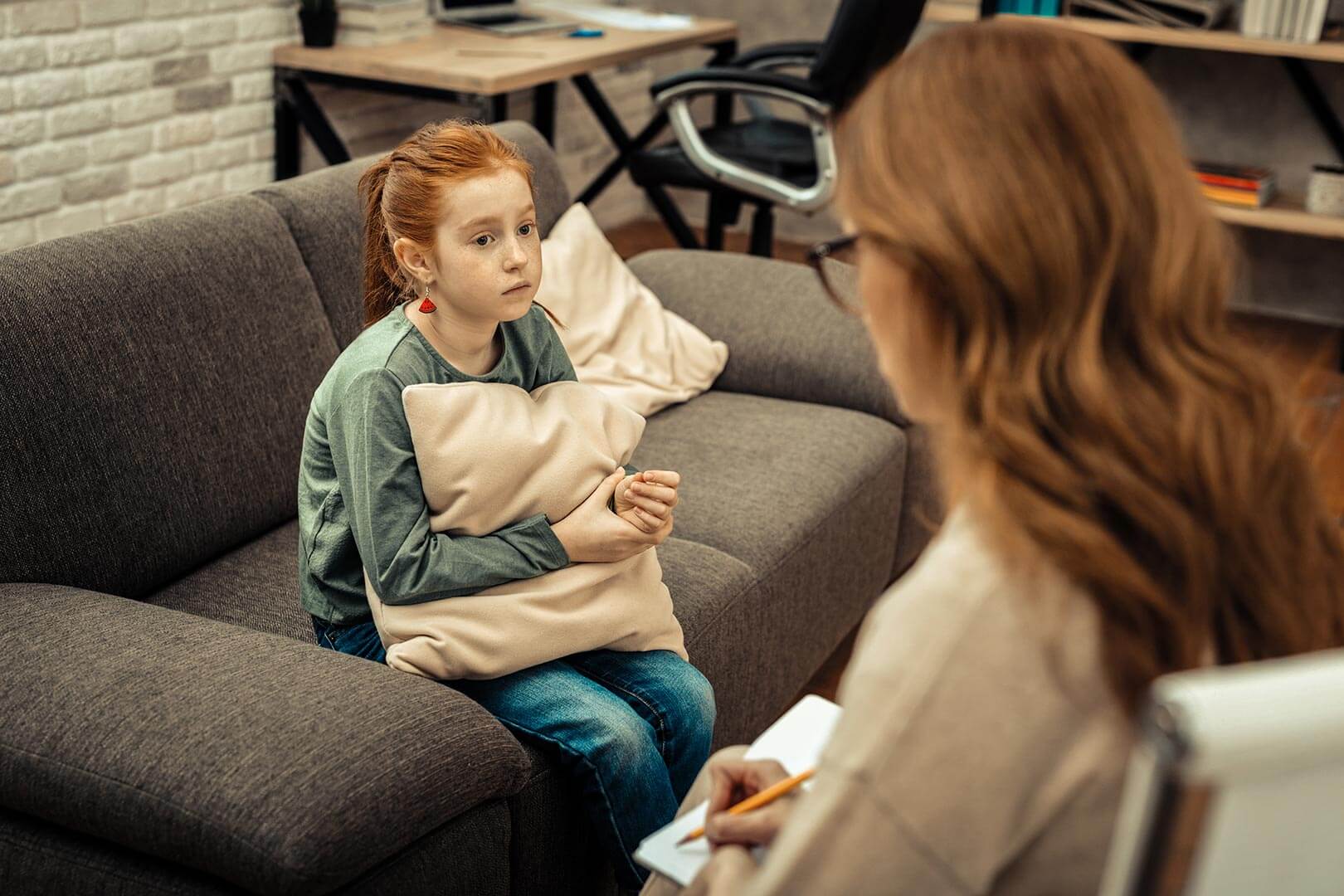Adults, especially parents and family, can offer assistance and support to help their children better manage life’s challenges by being available, listening actively and responding thoughtfully.
It’s important to differentiate between short term immediate stress and chronic stress even in children.
In the last couple of years, with the global pandemic and lockdown, both adults and children experience many restrictions affecting their level of stress thus their mental health.
In contrary of adults, children may not recognize signs of stress or know how to respond and cope effectively. Adults can offer assistance and provide empathy and understanding, by just being there and listen to the children we can offer spaces for support and expressions for children.
Signs of stress in children:
Signs of stress can show up in a number of different ways:
- Irritability and anger: lacking the words, children might become short-tempered and argumentative than normal.
- Changes in behaviour: observe sudden changes of behaviours, such as a teen who used to be active doesn’t want to leave the house.
- Trouble sleeping: children complaining about being tired, having difficulties falling asleep or waking up.
- Neglecting responsibilities: forgets homework, procrastination might be a sign of stress.
- Eating habits: eating too much or too little.
- Getting sick more often: stress often shows up as physical symptoms, headaches, stomach-aches.
Below you can find some tips to support and talk about stress with children:
- Be available:
- Identify the best time to talk with the child, when they are not busy with another task.
- Start the conversation, it shows that you are interested on what’s happening in the child’s life.
- Ask about the child’s hobbies, favourite things to do, to eat etc.
- Dedicate a specific time for the child to do a common activity together.
- When initiating the conversation, avoid using a question, rather share your thoughts and why you’re opening any subject.
- Listen actively:
- It’s recommended to be fully concentrated with the child who’s sharing with you, stop whatever you’re doing and look at them.
- Let them complete their point of view without interrupting.
- Repeat what you heard so you can ensure that you understood.
- Encourage them to speak and avoid lecturing them.
- Control anger and strong reactions (anger, defensive, judgmental).
- Express your opinion without minimizing theirs,
- Acknowledge that it’s healthy to disagree I know that you disagree with me, but this is how I see it, or think.
- Stay focused on the child’s feelings and not yours.
- Be considerate:
- Children learn by modelling, pay attention on how you’re solving and dealing with stress, since they will be copying it.
- Engage in stress-reducing activities with the children, on a regular basis.
- Children express worry and stress in their conversations and play, pay attention to the themes, to be able to support them.
- Combat negative thinking, when children use a sentence such as I hate my hair, don’t just disagree, respond by framing things positively showing them why it’s not true.

